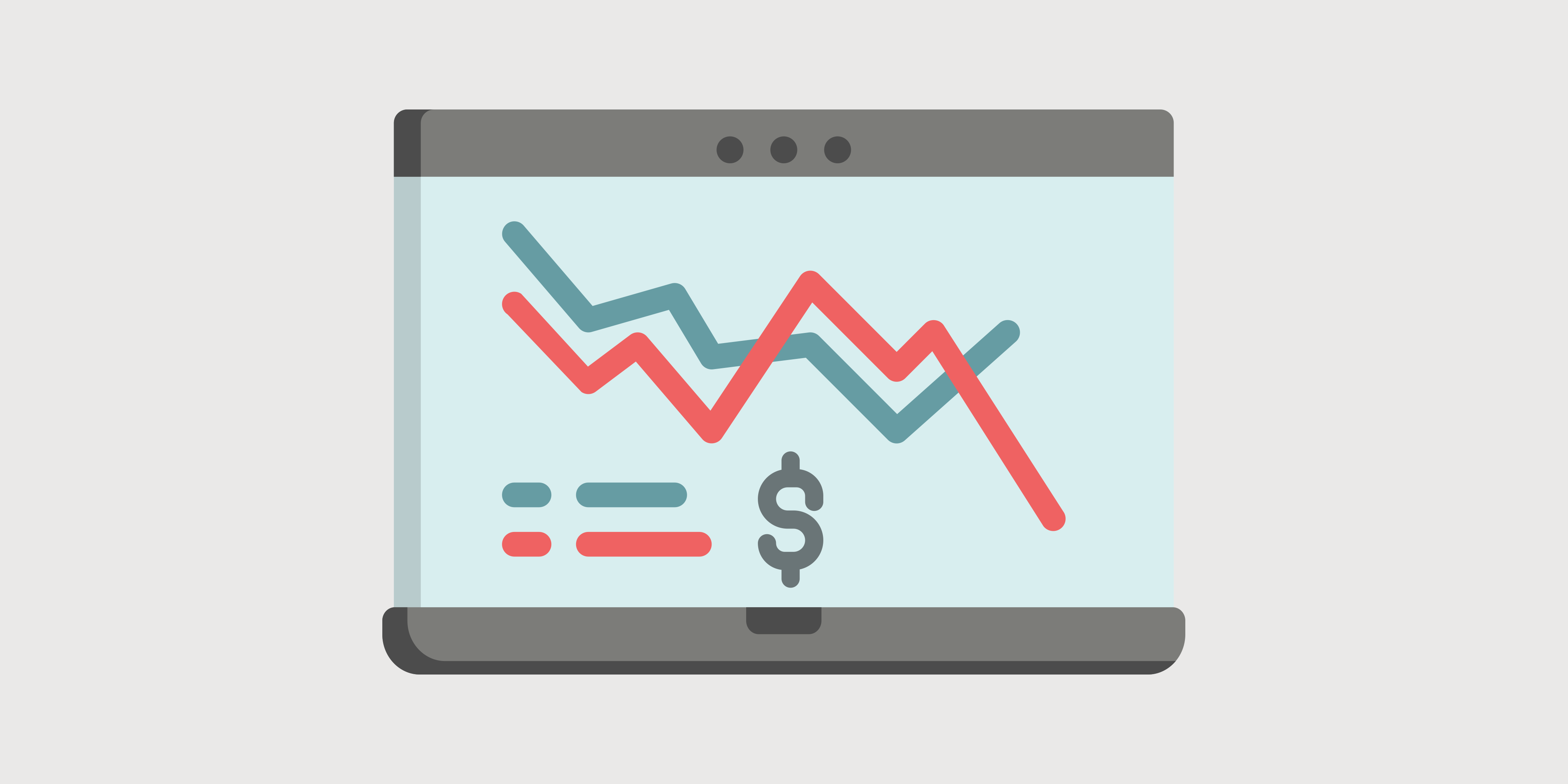The key market players include individuals, organizations and institutions. Learn about them and their respective roles in the functioning of securities markets around the world.
Bondholders
Bondholders own the debt securities (or bonds) issued by governments and corporations by lending to the bond issuers. In return, bondholders agree to be repaid their initial investment (principal) at maturity and collect coupon interest until that time. However, bondholders are not required to hold until maturity as they are able to sell in the secondary market. Bondholders differ from shareholders in status, earnings, voting rights, and repayment priority.
Bond Issuers
Bond issuers are borrowers — using the funds lent to them by investors who purchase bonds — for a variety of purposes, depending on the type of issuer. Most bond issuers are governments, banks, or corporations. When these entities need funds, they can issue bonds for the requisite amount. Bond issuers play an important role in the capital markets, to get the money needed to carry out projects and daily activities, while bondholders are paid interest to lend.
Traders
Traders buy and sell financial instruments and can work for institutions or trade on their own behalf. Traders attempt to profit from short-term trends and price fluctuations. They transact in stocks, bonds, commodities and currencies, but generally have a specialty or niche. Traders employ different strategies to buy and sell securities and manage risk in order to maximize their returns, and may use market analysis, research and connections to improve their trading outcomes.
Index Providers
Index providers are firms that create and calculate the indices used to track the performance of securities and markets around the globe. Financial professionals and investors rely on indices for information about performance, and use index data as a basis for investment and financial planning decisions. Index providers license their intellectual capital as the basis for passive investment products like index mutual funds and ETFs.
Market Dealers
These firms execute orders to benefit from the different prices (spread) at which they complete the buy and sell transactions. Market dealers are also referred to as market makers. Market dealers seek to maximize profit from the spread between the bid and ask prices, while also enhancing liquidity. Dealers are involved with a variety of securities, including stocks, bonds, commodities and currencies.
Public Corporations
A public company is one whose shares trade on a stock exchange after selling them to the public through an initial public offering (IPO). The ownership of public corporations is distributed amongst investors through publicly-traded stock shares. Going public means that the corporation has access to equity and debt markets, which can make it easier to raise capital to fund future growth plans.
Regulators
Regulators implement and enforce laws that govern public corporations, investors, and traders. They can be independent organizations or government agencies. The objectives of market regulation are to control fraud, limit conflicts of interest, promote fairness, as well as set mutually beneficial standards and business practices for all market participants. Enforcement of regulations helps to boost faith and confidence in the financial markets.
Stock Exchanges
A stock exchange, securities exchange, or bourse is an exchange where market participants, like traders, portfolio managers and individual investors, can buy and sell securities, such as shares of public company stock, bonds and other financial instruments. There are stock exchanges around the world, which provide companies with an important means to raise capital. They also facilitate openness and transparency for many market activities.






